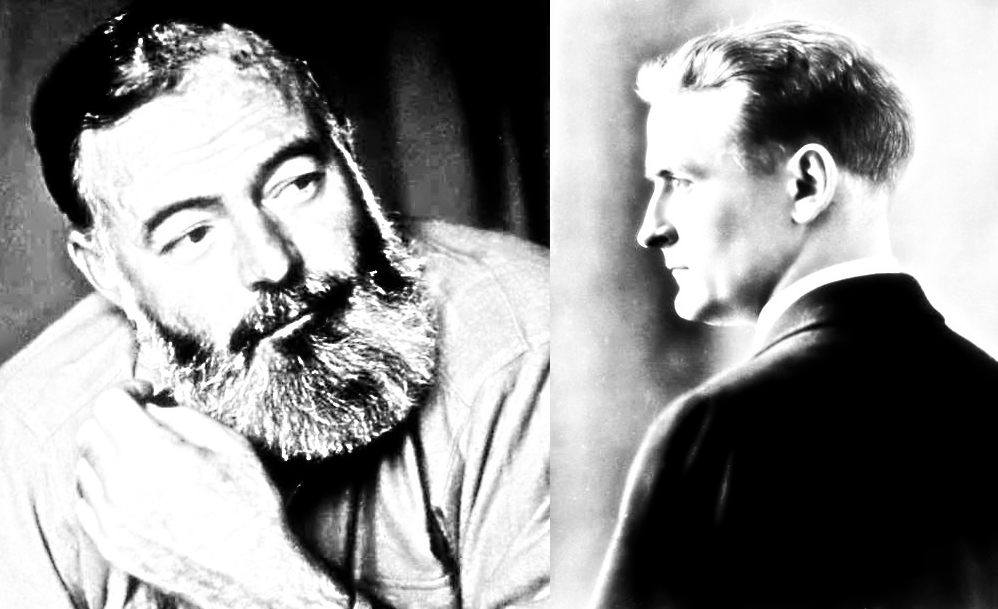Maya Angelou is an extremely well known and successful writer (even if critics slam her poetry for being “samey”), and she has also contributed a huge amount to literary history with her engaging, heart-wrenching stories and verse about the black experience. For today’s post, I thought we would take a brief look at the writer and her autobiography “I Know Why the Caged Bird Sings.”
Biography
Angelou was born on April 4, 1928 in St. Lois, Missouri. She was a memoirist, poet, and actress.
When she was very young (around three years old) she and her brother were sent to live with her grandparents in Stamps, Arkansas after her parents divorced. There, she experienced some first-hand racism that shaped her outlook for the rest of her life (she would feel less like a person and gravely inferior). Angelou eventually moved to St. Lois with her father, who returned to take care of her, but she found more hardships along the way, including experiencing rape and the feelings of guilt over the rapist’s eventual murder. As one source states: “…the traumatic sequence of events left her almost completely mute for several years” (Britannica).
She eventually moved back to Stamps as a young girl and then out to San Francisco, California where she worked a variety of odd jobs until she moved to New York City in the 1950s and began writing at the Harlem Writers Guild. She would later return to California and write the 10-part television series about African culture titled Black, Blues, Black. She continued acting and appeared in multiple films, including Poetic Justice (1993), How to Make an American Quilt (1995), and also appeared in the television series Roots (1977).
“I Know Why the Caged Bird Sings”
The autobiography details her parents divorce, the sexual assault that changed her life, and the countless times she experienced racial discrimination while living in the South. It ends with an optimistic feeling that perhaps she can persevere after a difficult childhood and successfully care for her newborn child. The book was nominated for a National Book Award and received critical acclaim from readers and critics alike.
The caged bird sings
poetryfoundation.org
with a fearful trill
of things unknown
but longed for still
and his tune is heard
on the distant hill
for the caged bird
sings of freedom.
Additionally, Angelou was also nominated for a Pulitzer Prize for her book of poetry Just Give Me a Cool Drink of Water ‘fore I Diiie, a Tony Award nomination for the 1973 play Look Away, and multiple Grammy awards for spoken word albums. She also read poetry at former President Bill Clinton’s inauguration in 1993 and was presented with the Presidential Medal of Freedom by former President Barack Obama.
Angelou passed away on May 28, 2014 at her home in North Carolina.
Other Works
- Just Give Me a Cool drink of Water ‘fore I Diiie (1971)
- Now Sheba Sings the Song (1987)
- I shall Not be Moved (1990)
Works Cited
Briticannica.com
Biography.com







